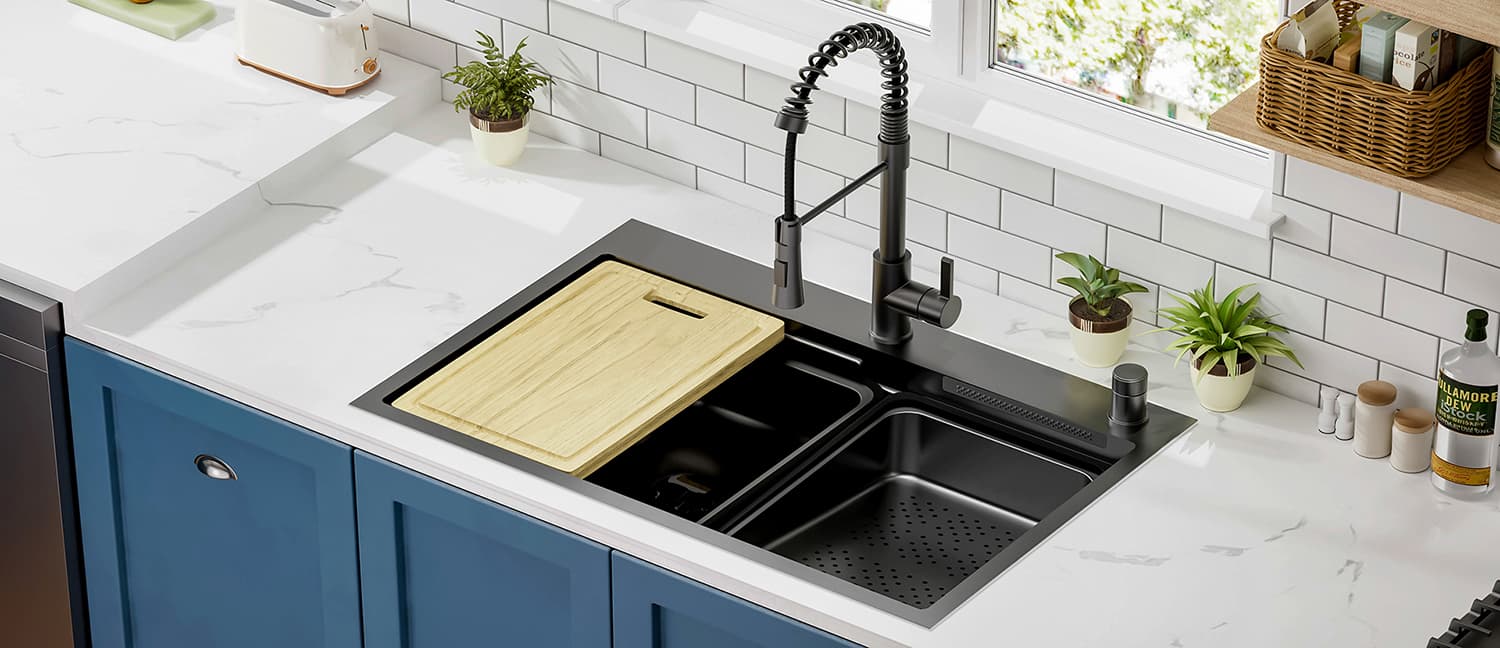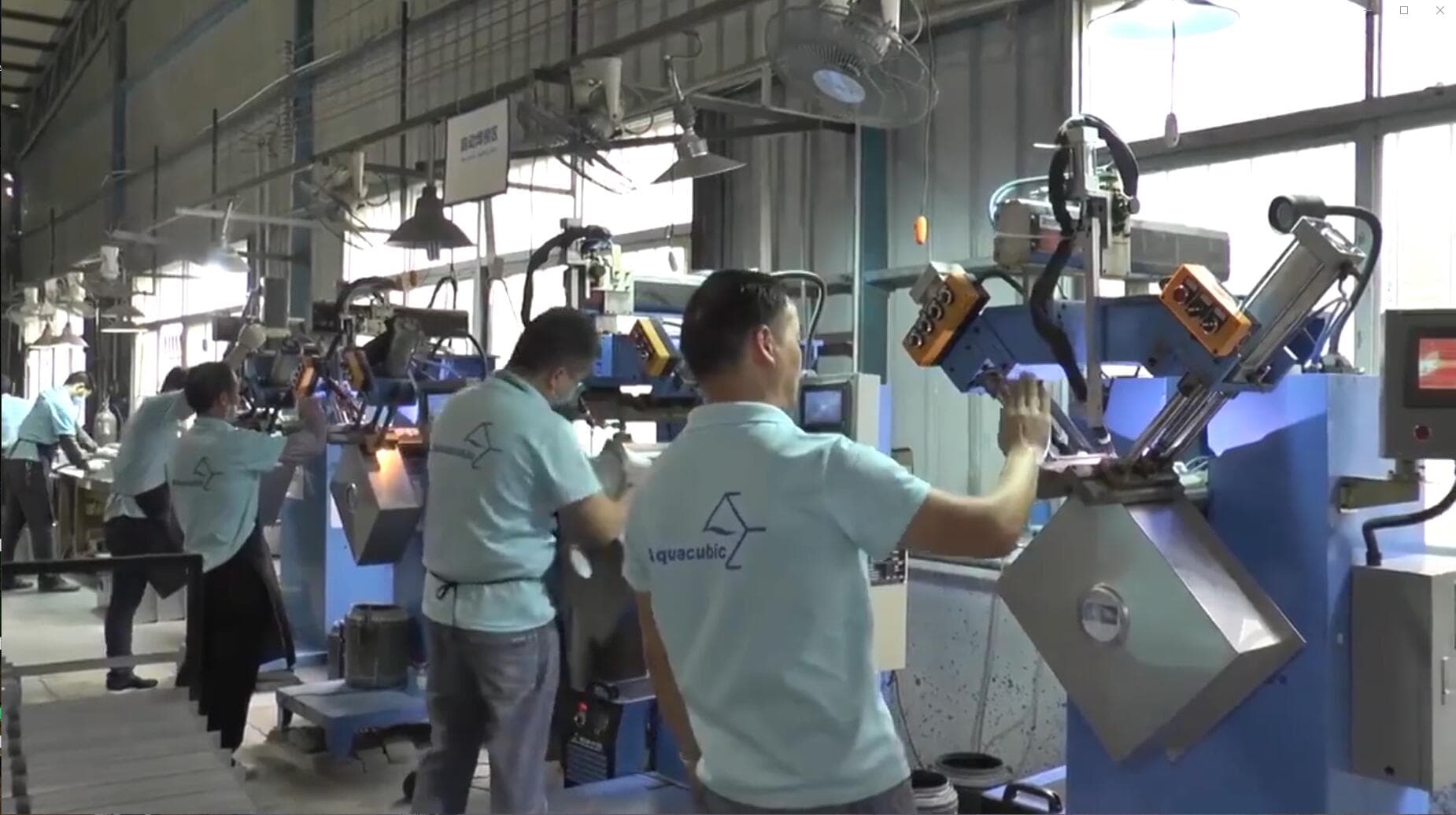Views: 0 Author: Site Editor Publish Time: 2025-10-30 Origin: Site
Why NSF-Certified Commercial Stainless Steel Sinks Matter for North American B2B Buyers


For stainless steel sinks, NSF certification ensures the product is made from safe, non-toxic materials and designed for easy cleaning to prevent bacterial growth. The certification also confirms that the sink’s structure, welds, and joints resist corrosion and withstand repeated sanitization processes common in commercial kitchens. For North American buyers, NSF compliance is not only a mark of quality—it’s often a regulatory or customer requirement.

Type 304 Stainless Steel Construction: Known for excellent corrosion resistance and strength, this alloy is preferred for food contact surfaces.
Welded Construction: Precision welding provides stability and prevents leakage or structural failure under heavy use.
Coved Corners and Polished Interiors: Rounded interior corners eliminate sharp edges and make cleaning easier, reducing the risk of bacterial buildup.
Integrated Drainboards and Backsplashes: Seamless designs minimize gaps where food debris and moisture can accumulate.
Adjustable Legs and Sound-Dampening Pads: Enhancing usability and reducing noise in busy kitchen environments.
These features collectively ensure that NSF-certified sinks can endure the demanding daily workflow of a commercial kitchen while maintaining sanitary standards.

Material Grade and Gauge: Thicker gauges (16 or 18) offer greater durability and dent resistance, while type 304 stainless steel ensures compliance with NSF standards.
Finish and Surface Treatment: Look for brushed or polished finishes that resist fingerprints and simplify maintenance.
Warranty and After-Sales Support: Reliable manufacturers provide warranties and responsive technical support for long-term partnerships.
Compliance Documentation: Always confirm NSF certification and request supporting documentation from the supplier.
Factory Capability and Production Control: Evaluate whether the manufacturer follows strict quality control systems and maintains traceability for each production batch.

Raw Material Inspection: Verifying stainless steel composition and thickness before fabrication.
CNC Cutting and Forming: Ensuring precision and consistent dimensions for seamless assembly.
Welding and Polishing: Skilled welders use TIG or laser welding for durability and smooth finishes.
Surface Treatment and Quality Inspection: Polishing, brushing, and passivation processes enhance corrosion resistance, followed by a full inspection for defects or sharp edges.
Traceability and Batch Control: Each sink is assigned a serial number for tracking and quality assurance purposes.
This systematic approach ensures every sink meets both customer expectations and NSF sanitation standards.

Manufacturers like Aquacubic have integrated strict quality control systems and NSF-compliant production processes to serve professional B2B buyers worldwide. With experience in supplying OEM and custom stainless steel sinks to North American markets, Aquacubic provides reliable, certified solutions that align with the hygiene and durability standards expected in commercial kitchen environments.

By prioritizing NSF-certified stainless steel sinks, B2B buyers can ensure not only safety and compliance—but also confidence in every project delivered.
